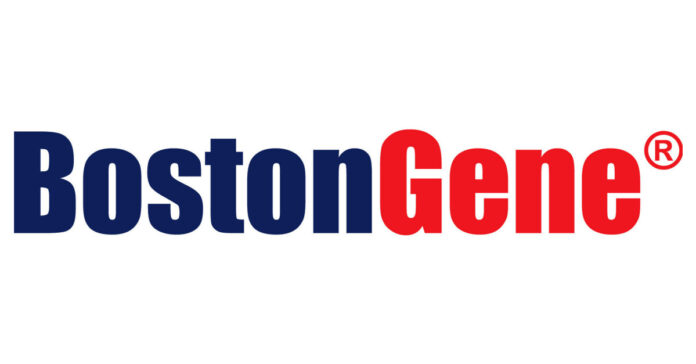Waltham, Mass– BostonGene’s multiomic AI platform has been recognized at the 2025 American Society of Clinical Oncology (ASCO) annual meeting, earning the GRASP Advocate Choice Award for a study that could help transform treatment approaches for invasive lobular carcinoma (ILC), a less understood subtype of breast cancer.
Presented by Dr. Jason Mouabbi of The University of Texas MD Anderson Cancer Center, the study used BostonGene’s AI platform to analyze data from more than 600 breast cancer patients. The research uncovered unique histologic and molecular characteristics of ILC, identifying macroscale genomic alterations and biological mechanisms that have been previously under-characterized. These findings open the door for precision-targeted therapies and novel drug development strategies tailored specifically for ILC, a disease where treatment decisions have often been based on data from other subtypes.
BostonGene collaborated closely with MD Anderson to conduct the research. According to the company, these results highlight how multiomic data can inform clinical trial design, optimize patient selection, and accelerate the development of new precision oncology therapies.
The GRASP (Guiding Researchers and Advocates to Scientific Partnerships) Advocate Choice Award is presented by a nonprofit, patient-led initiative that recognizes research with significant scientific and patient impact. The award was announced during the GRASP event, held alongside the ASCO annual meeting.
Nathan Fowler, MD, Chief Medical Officer at BostonGene, said the recognition underscores the value of their partnership with MD Anderson and the practical benefits of BostonGene’s AI analytics. “This study illustrates how our platform can uncover clinically actionable genomic insights and help reshape treatment paradigms for historically underserved cancer subtypes like ILC,” he said.
BostonGene’s work not only sheds light on disease-specific targets in ILC, but also demonstrates the growing role of advanced AI and multiomic data in advancing precision medicine for cancer patients.


